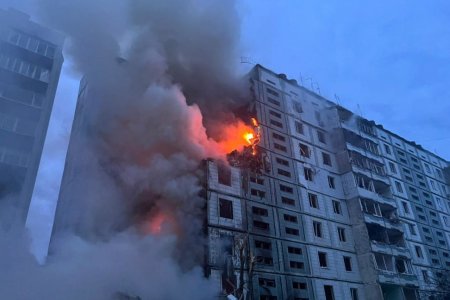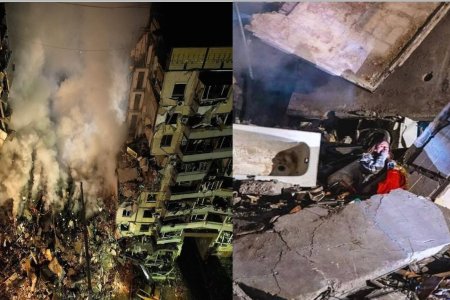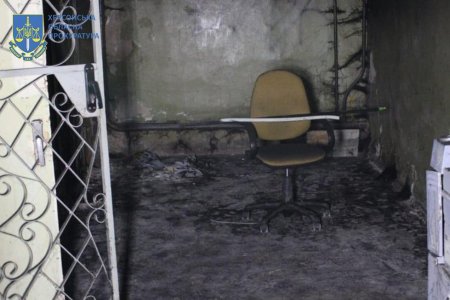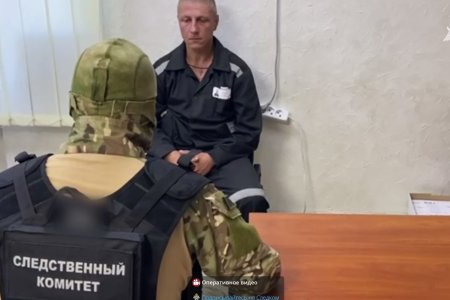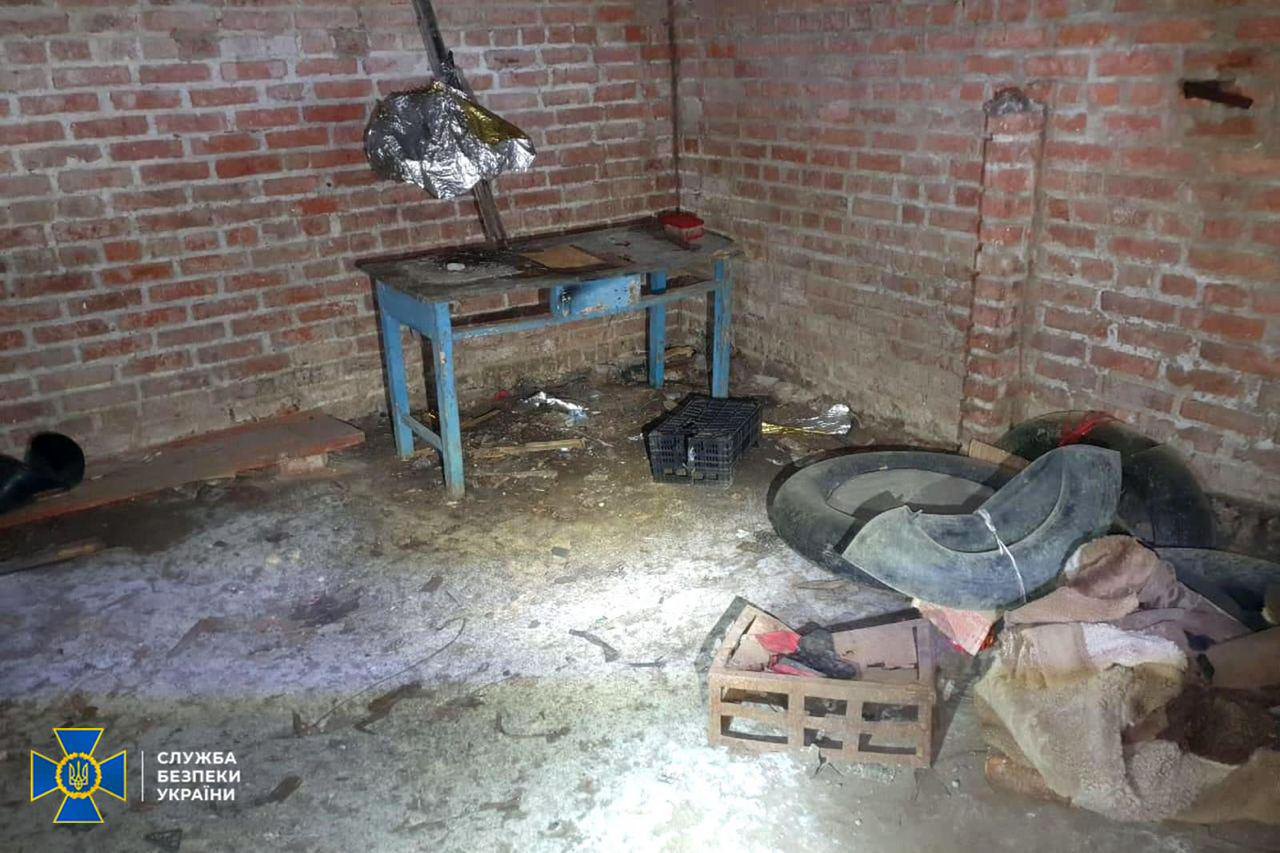
Russia is set to withdraw from the European Convention against Torture, with this the second major European convention abandoned since it launched its full-scale invasion of Ukraine in February 2022. Given Russia’s flagrant violation of its commitments under the Convention, the immediate consequences of the withdrawal may not be especially visible. The withdrawal does, however, seem like a statement, one that confirms the conclusions of, for example, the UN Independent International Commission of Inquiry on Ukraine, that Russia’s use of torture against Ukrainians is widespread, systematic and part of Russian state-endorsed policy.
The government resolution, signed by prime minister Mikhail Mishustin on 23 August 2025 is about ‘asking’ Russian leader Vladimir Putin to propose that the State Duma votes for a decision to withdraw from the European Convention for the Prevention of Torture and Inhuman or Degrading Treatment or Punishment and all protocols to it. No explanation Is offered as to the reasons for such a withdrawal. This is almost certainly a Kremlin initiative, and there are no grounds for doubting that it will be passed in the near future.
The Russian Federation ratified the Convention in 1997, shortly after joining the Council of Europe and becoming a party to the European Convention on Human Rights (Article 3 of which prohibits torture). Although its “widespread and systematic” torture of Ukrainian prisoners of war since 2022 has gained the most publicity, it was always clear, including from the huge number of applications to the European Court of Human Rights, that torture was very widely used by the federal forces and in places of imprisonment. It has been widely used in both occupied Crimea and Donbas since 2014.
Although individual complaints about torture were examined by the European Court of Human Rights, which Russia ceased to be a member of in September 2022, there is a European Committee for the Prevention of Torture which played a vital role. Signatories to the Convention were obliged to allow CPT to carry out unannounced visits to any places where people are deprived of their liberty. According to CPT, this does not only include prison colonies and SIZO [remand or pre-trial detention units] but also police stations, prisons, juvenile detention centres, immigration detention centres, psychiatric hospitals or social care homes.”
The visits themselves and resulting reports provided at least some constraints on lawlessness in such places of confinement. They occasionally even resulted in some action against the most egregious violations.
The problem is, however, that Russia stopped providing any such access in 2022 and, as with other aspects of European and international law, there has proven to be no mechanisms for forcing compliance.
Ukrainian and international investigators (including from the International Criminal Court and the Independent International Commission of Inquiry on Ukraine) have largely gained information about the torture of Ukrainian prisoners of war from interviews and examinations of POWs and, very occasionally, civilian hostages who have been released in exchanges, as well, unfortunately, as forensic examinations of those like 27-year-old journalist Victoria Roshchyna and POW Oleksandr Ishchenko who were killed in Russian captivity. It is often solely from the testimony of prisoners released that the families of men and women held prisoner in Russia or on occupied territory even learn that their relatives are alive and / or where they are (or were, at some point) held.
Worth noting that Russia’s treatment of Ukrainian prisoners of war, its abductions of Ukrainian civilians, as well as countless other crimes committed as part of its war of aggression against Ukraine and occupation of Ukrainian territory will not go away because Russia has withdrawn from the European Convention on the Prevention of Torture. There are numerous other conventions and other international agreements that Russia has not withdrawn from, such as the Geneva Conventions; the Universal Declaration of Human Rights; and the UN Convention against Torture and Other Cruel, Inhuman or Degrading Treatment or Punishment.
Russia’s withdrawal from the European Convention for the Prevention of Torture cannot, therefore, absolve it of liability for its violations. If there remains the will to hold it to account, with Moscow doing all that lavish amounts spent on propaganda and disinformation; on financial support and / or cultivating ties with right-wing, populist and / or anti-Ukrainian political forces in other countries to weaken such resolve.
